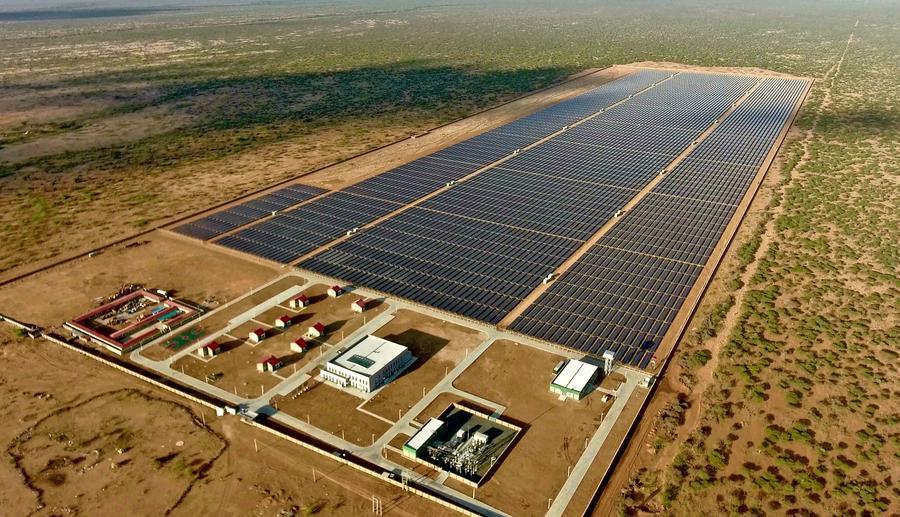China, Africa Jointly Promote Right to Development

Edited by WANG Xiaoxia
To support international dialogue on human rights and cooperation among countries on the basis of equality and mutual respect and to pool the strength of the Global South, the first China-Africa Human Rights Seminar was held in Ethiopian capital Addis Ababa on August 22.
This is a dialogue platform established to implement the Forum on China-Africa Cooperation (FOCAC) Beijing Action Plan (2025-2027) and enhance exchanges and cooperation between China and African countries in the field of human rights.
At the event themed "Building the China-Africa Community with a Shared Future and Working Together to Realize the Right to Development," participants from China and African countries shared their insights, built consensus and provided wisdom for the Global South.
China is the largest developing country, and Africa is the continent with the largest number of developing countries. The two share similar ideas and aspirations, and have a profound understanding of each other.
The aspiration for world-class integrated infrastructure in the African Union's Agenda 2063 is highly consistent with the vision of the China-proposed Belt and Road Initiative and the 10 Partnership Actions of the FOCAC and other cooperation frameworks.
The major infrastructure projects built by China in Africa, such as the Addis Ababa-Djibouti Railway and the Mombasa-Nairobi Railway, are helping African countries turn their blueprints into reality.
For developing countries, the rights to subsistence and development are basic human rights of paramount importance. Through cooperation, development was realized, and through development, the human rights have been promoted.
In sustainable development, Africa is home to 40 percent of the world's solar energy, 32 percent of wind energy and 12 percent of hydropower resources, and has huge potential for the development of renewable energy.
China has supported Africa in constructing over a hundred clean energy and green development projects, including the Sakai photovoltaic power station in the Central African Republic, the Garissa solar power plant in Kenya, the Aysha II wind power project in Ethiopia, and the Karuma Hydropower Station in Uganda.
Clean electricity has benefited thousands of households and provided a strong impetus for Africa's green development, as well as supporting the continent's efforts to tackle climate change.
In the digital age, human rights protection is empowered by the application of digital technologies such as big data, cloud computing and AI. Effective governance must be carried out to ensure that scientific and technological progress better benefits the people.
In recent years, Chinese enterprises have invested in information and communication infrastructure in Africa, such as building cross-border submarine optical cables and 4G/5G networks, providing significant support for Africa's digital transformation.
In addition, digital literacy enhancement is a part of the China-Africa cooperation. On February 7, the China-Africa Regional Cooperation Center for Digital Education was inaugurated at the Open University of Kenya. Through joint online courses and projects, it aims to break the geographical barriers and enable knowledge and experiences sharing on both sides.
Human rights issues are global, and solutions must be sought through multilateral governance and jointly building a community with a shared future for mankind.
In 2024, the Africa-China Dar es Salaam Consensus was released in Tanzania. This consensus embodies the common stance of China and Africa on human rights issues and provides new ideas for global human rights governance.







